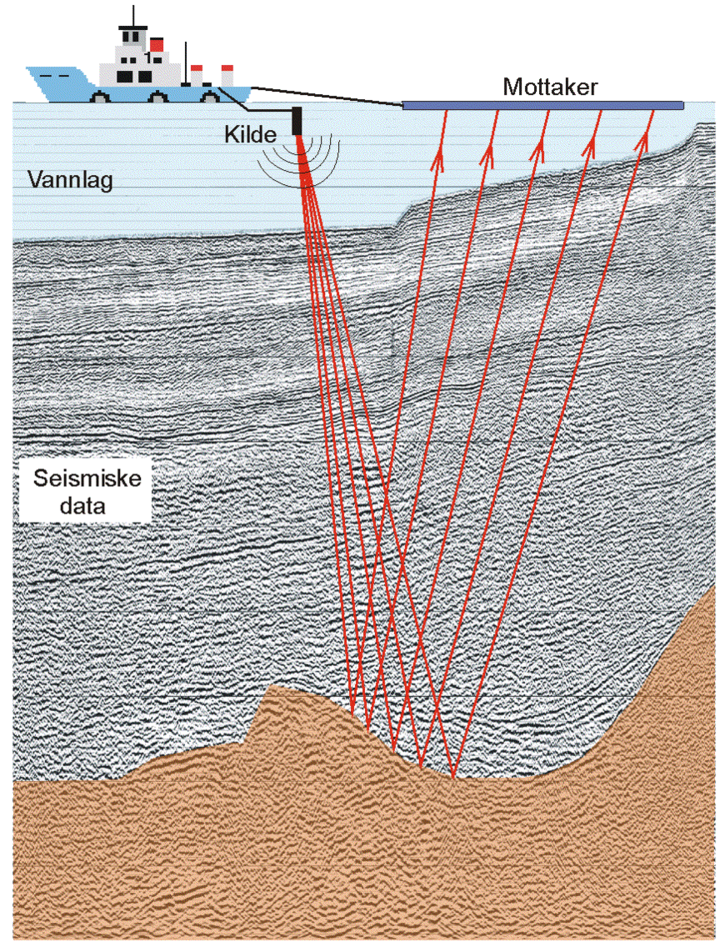All Categories
Featured
Table of Contents
Geophysical Engineering Undergraduate Program in Beldon Oz 2020

Other possible geophysicist majors that aren't geophysics or geoscience consist of: Atmospheric sciences and meteorology Chemical and physical oceanography Earth science Environmental science Hydrology and water resources science Materials science By making any geophysicist degree, and by taking the essential geology courses, you ought to certify for an entry-level position as a geoscientist or geophysicist.
Ultimately, trainees should discover: a branch of geology that looks at the various elements of minerals, including chemical structure, internal crystal structure, and physical homes. the study of rocks and the procedures and conditions that form and transform them gradually. There are a few neighborhoods in this branch of geology, including igneous, metamorphic, and sedimentary rocks.

This field takes a look at structural rock functions such as cleavage, faults, joints, and little folds. They need to also learn the computer skills essential to: evaluate data produce digital models and maps operate geoscientists' software application Trainees should likewise benefit from all chances to gain real-world experience. Hopeful geophysicists need to anticipate to spend time knowing: in the class in the field in laboratories Undoubtedly, abilities taught in the class are extremely essential for aiming geophysicists.
Geophysicist Jobs in Success Australia 2023
Geoscientists spend a lot of their time outside when working in the field, so they should have "outside skills" like outdoor camping and operating boats, airplane, and other lorries. Since they spend so much time in remote areas, it's necessary that geophysicists likewise have the physical endurance to carry needed devices on their walkings to areas of study.
The job uses: a high mean and top profits a high rate of personal fulfillment among geophysicists low work tension favorable job outlook Further information on profits capacity and task outlook is detailed below. For trainees seeking to land an entry-level role as a geoscientist or geophysicist, it takes four years, or the time needed to finish a bachelor's degree in geophysics or a related discipline.
Some research study positions in geophysics require doctoral degrees. Also, if you plan to teach at a college or university, you should make a Ph - Geophysical Survey Permit Program in Munster Western Australia 2021. D. in geophysics or a related field. The time it takes to earn a Ph. D. varies by organization and program, however it typically takes four to 6 years beyond the bachelor's degree.
Geophysicist: What Is It? And How To Become One? in Ardross WA 2023
A lot of employers require candidates to have a bachelor's degree in geophysics or a carefully associated discipline for all entry-level positions. And, in many cases, employers require a master's degree. As a result, there's no method around the degree requirements for becoming a geophysicist. Most companies will expect or need a practicing geologist to be certified for positions beyond those at the entry level.
Currently, 31 states need licensing for geologists, although licensing is not always required, especially for entry-level work. The states that do problem licenses utilize the Fundamentals of Geology Test (FGE), which is administered through the National Association of State Boards of Geology (ASBOG). Now that you know which degree for geophysicist tasks you require, you'll require to land a task, and it is necessary to discover just how much cash you can make in this career.
According to BLS, the average annual wage for geoscientists is $93,580. The least expensive 10% of earners make less than $52,000, while the highest 10% make more than $201,000 every year. Wages vary by industry type and geographic location. According to BLS, specific industries provide higher earnings for geoscientists, and in many cases, they use higher-than-average earnings.
Career Opportunities In Geology in Millendon Oz 2022
Mining, quarrying, and oil and gas extraction provides over $32,000 more annually than the average annual wage for this profession. The federal government, too, provides over $10,000 more in profits than the national average for geoscientists. In addition to market type, geographical location can considerably affect incomes for this occupation.

The top-paying states and their annual mean salaries, according to the BLS, include: Texas $166,720 Oklahoma $149,630 Pennsylvania $120,590 Hawaii $120,130 Colorado $107,260 These five top-paying states provide much greater wages than the average for this profession. Incomes for geoscientists in Texas are over $73,000 higher than the nationwide average.
It ought to come as no surprise that many of these high-paying areas are in Texas and Oklahoma, but some are discovered in California, Louisiana, and Colorado. The top 10 highest-paying metro locations for geoscientists are: Houston-The Woodlands-Sugar Land, Texas: $188,400 Tulsa, Oklahoma: $186,490 Midland, Texas: $167,040 Odessa, Texas: $147,080 Oklahoma City, Oklahoma: $145,350 Bakersfield, California: $130,080 Urban Honolulu, Hawaii: $124,470 New Orleans-Metairie, Louisiana: $121,030 Washington-Arlington-Alexandria, DC, VA, MD, WV: $120,180 Denver-Aurora-Lakewood, Colorado: $116,910 For some geoscientists and geophysicists, residing in a metro city is not as enticing as residing in a smaller sized neighborhood.
Latest Posts
Geoscientist - College Of Science in St James Aus 2021
What Is A Seismic Survey? in Straffon Oz 2021
What Are Geological, Geochemical, in Hovea WA 2022